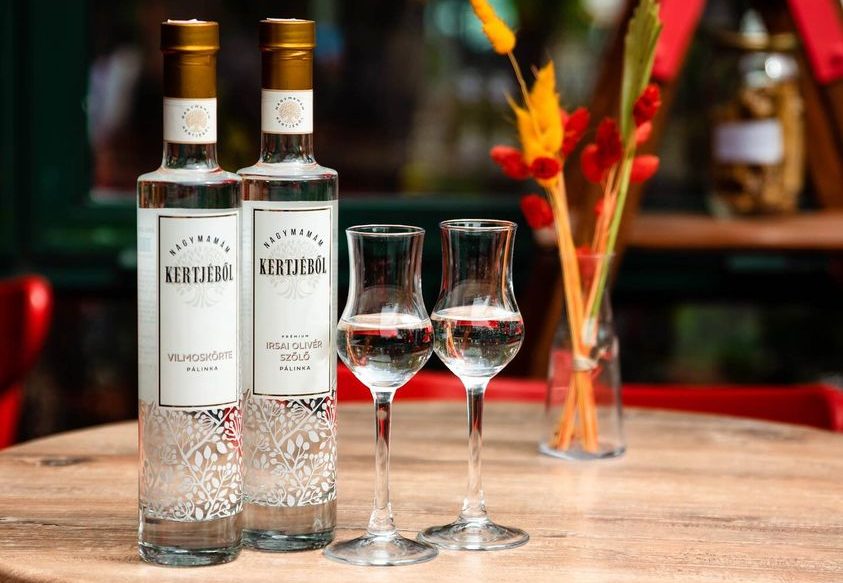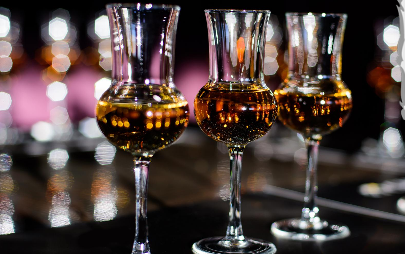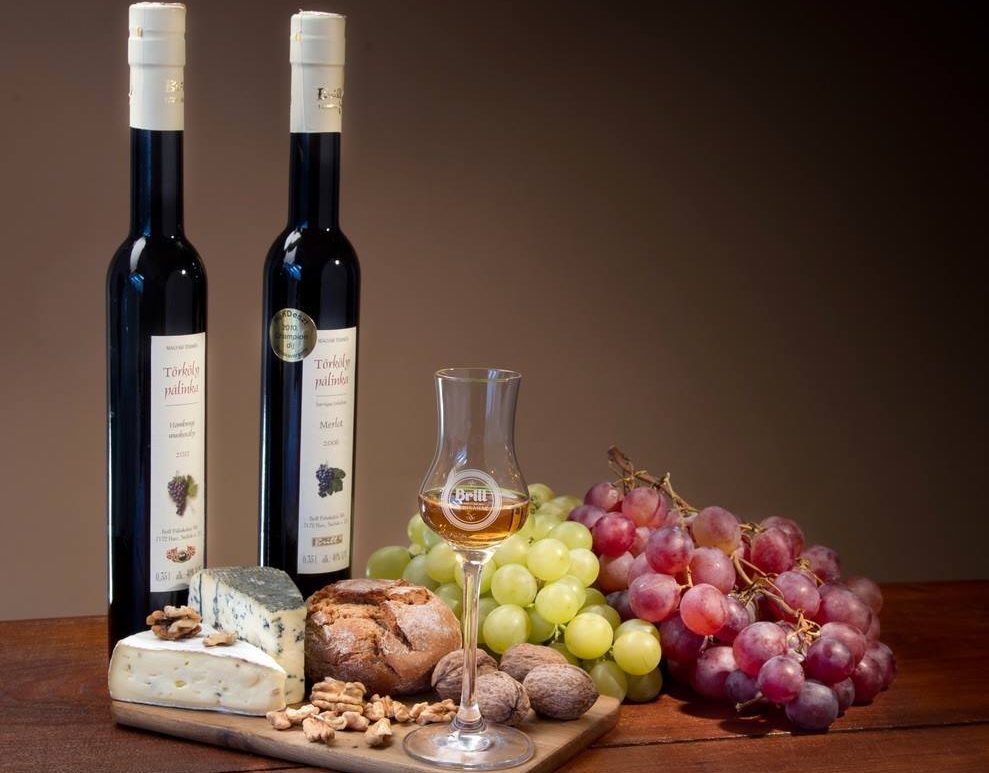
The next decision on the inclusion of new products will be in 2025.Continue reading

The National Pálinka and Törkölypálinka Competition, held for the 11th time, makes a significant contribution to building Hungarian pálinka (fruit brandy) culture, promoting consumer awareness, and strengthening the credibility and recognition of our national drink, Agriculture Minister István Nagy stressed on Thursday in Budapest at the awards ceremony.
The Minister noted that pálinka is more than just a spirit for Hungarians, reports Világgazdaság. “Pálinka is our number one Hungarian national treasure.
Over the past 30 years, Hungarian pálinka has regained its worthy status in gastronomy, hospitality, and tourism thanks to the commitment of breweries, traders, and catering professionals,”
István Nagy emphasized.
He recalled that the introduction of the Pálinka Act in 2008, the EU trademark obtained in 2004, and the protected designation of origin (PDO) obtained in 2011, have all contributed to improving the quality and reputation of pálinka.
This year’s National Pálinka and Törkölypálinka Competition received 341 entries, of which 286 were awarded prizes, 29 gold, 146 silver, and 91 bronze. As part of the award ceremony,
the Best Pálinka of Hungary 2024 award was also presented, which was won by the Vilmoskörte (Williams pear) pálinka of the Brill Pálinkaház,
a company with twenty years of experience.

Photo via Facebook/Brill Pálinkaház
Only fruit spirits mashed, distilled, matured, and bottled in Hungary and similar apricot spirits from four provinces in Austria can be called pálinka. While it may be made out of any locally grown fruit, the most common are plums, apricots, apples, pears, and cherries. Pálinka is traditionally made from a mash of ripe fruit. However, the law does not control the addition of other non-concentrated fruit juice, and also allows the use of fruit pulp. Dried fruits are not allowed or used in the mash but may be used in the aging process of the liquor.
Because of the strict description of what does and does not constitute true pálinka, many popular Hungarian alcoholic products were rebranded as szeszes ital, or “spirit drinks.” Even traditional pálinkas mixed with honey were re-categorized as spirit drinks — or liqueur, if the sugar content exceeds the required limit.
Via Világgazdaság; Featured image via Facebook/Pálinka Nemzeti Tanács